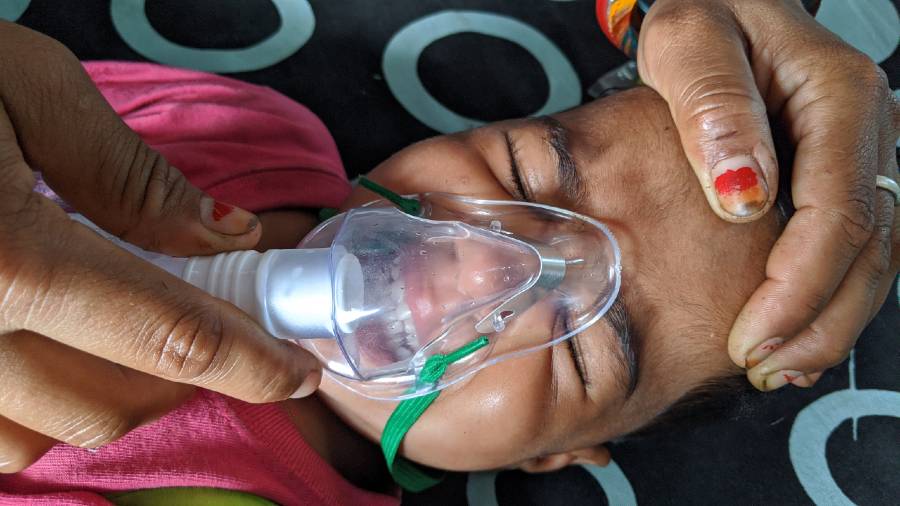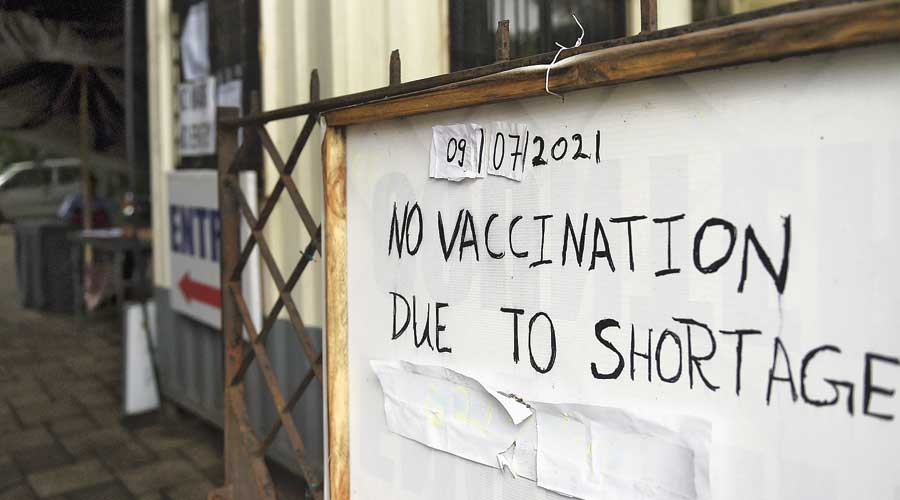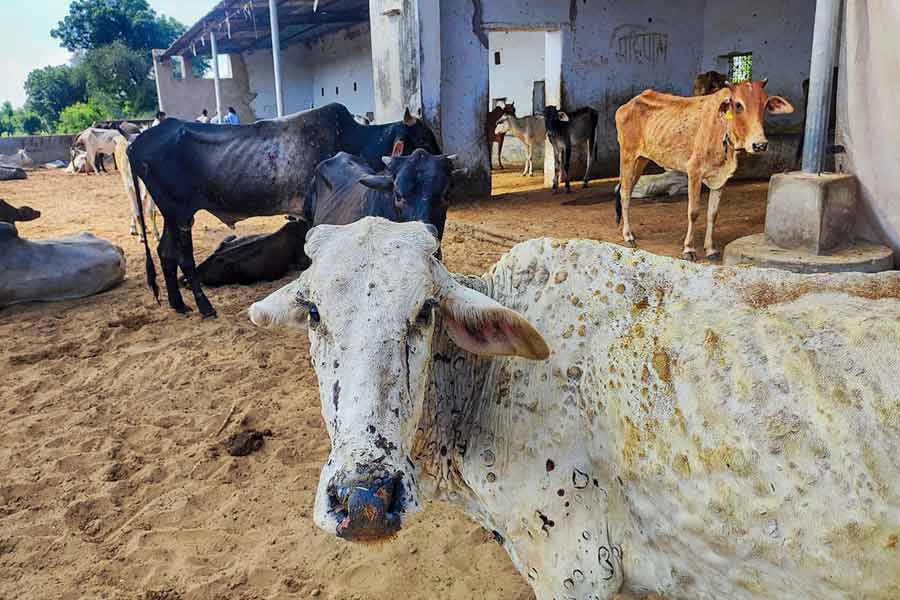Children are at the lowest risk of severe Covid-19 but among them, those with cardiac and neurological illnesses or with two or more chronic health disorders face the greatest risk of severe disease or death, researchers have said.
Their study, the first global review of data on the risks of critical care admission and death in children and young people with Covid-19, can help identify the subsets of this population to be prioritised when non-adults become eligible for vaccination.
“The risks are very low for all children and young people,” said Lorna Fraser, a paediatrician at the University of York in the UK and a senior study team member, in a media release.
“Even when we found higher risks for some groups with severe medical problems, these risks were still very small compared to the risks seen in adults.”
The UK researchers examined 81 studies from across the world and included 57 in a “meta” analysis” — an exercise to evaluate all available and reliable evidence — to assess the risk factors for severe illness and death from Covid-19 among young people.
The meta-analysis corroborated some risk factors already flagged by previous studies, but it also found that obesity in children and young people increased the risk of severe Covid-19.
“It is something we’ve known for some time in adults, but it is only now becoming evident as an important risk in children and young people too,” Rachel Harwood, a paediatric surgeon and clinical research fellow at the University of Liverpool, said in the media release.
Their analysis has also revealed that children with trisomy 21 — or Down syndrome — are at an increased risk of critical care admission and death, a pattern already observed among adults.
The risk appears to operate through and independently of cardiovascular anomalies, indicating that all children and young people with Down syndrome are at increased risk of severe Covid-19.
“It is reassuring that these findings reflect our clinical experience — we see very few seriously unwell children, this hasn’t changed recently with the Delta variant,” said Elizabeth Whittaker, a study team member from Imperial College, London.
The researchers believe their findings could guide the prioritisation of children and young people when Covid-19 vaccines become available for them.
Indian health officials expect the candidate Covid-19 vaccine from Zydus Cadila to become the first approved for children in the country later this year. India’s regulatory authority for drugs and vaccines is now evaluating the results of the Zydus Cadila vaccine’s clinical trials.
“This trial involved volunteers in the 12-to-18-years age group and if it gets approved by the regulators, we expect this vaccine to become available for children in this age group,” Narendra Arora, a senior adviser to the government’s immunisation policy, told The Telegraph.
Bharat Biotech too has initiated a clinical trial to evaluate the efficacy of Covaxin on children.












